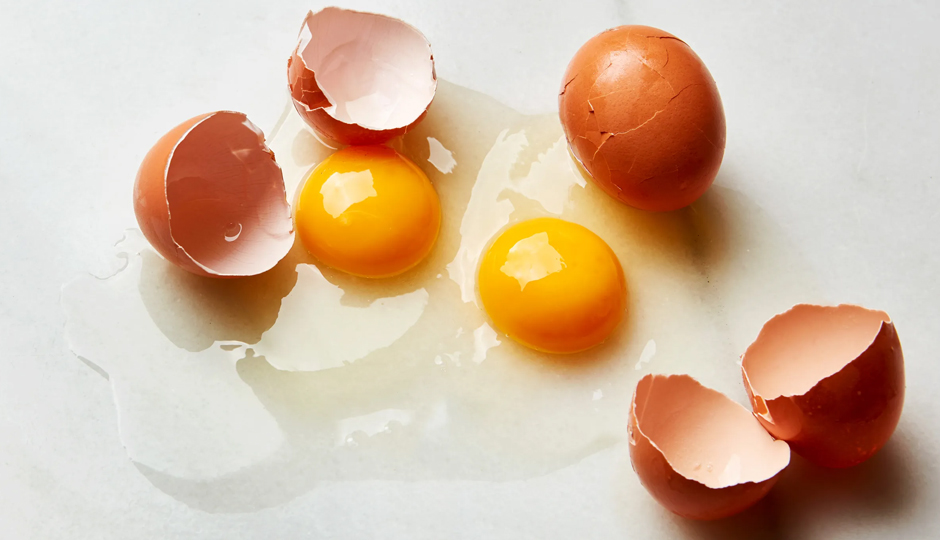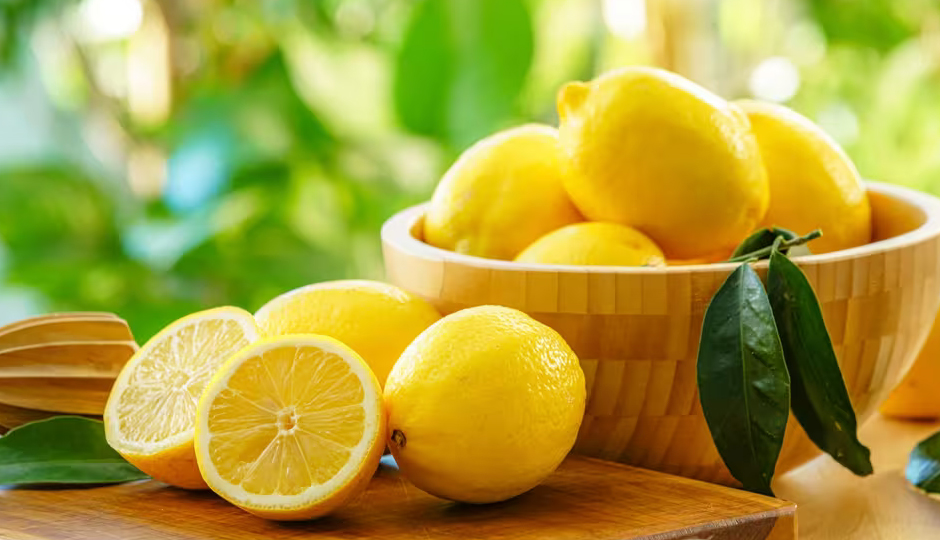- Home›
- Healthy Living›
- 6 Natural Tips To Help Your Body Recover From Gluten Damage
6 Natural Tips To Help Your Body Recover From Gluten Damage
By: Priyanka Maheshwari Thu, 07 Mar 2024 6:17:28
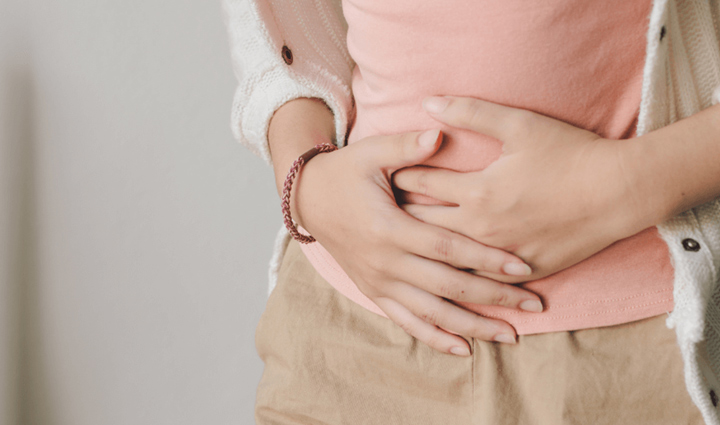
Celiac disease is a condition where the body reacts negatively to gluten, a protein present in wheat, barley, and rye. This reaction can cause significant damage to the small intestine, leading to discomfort and hindering the absorption of essential nutrients vital for overall health.
Diagnosing celiac disease can be challenging as some individuals may not exhibit any symptoms. However, upon confirmation through various tests, many struggle to recover from the damage inflicted by gluten. If you've been diagnosed with celiac disease, transitioning to a gluten-free diet can help you regain control of your health and well-being. Here are some helpful tips to get started on your journey towards a gluten-free lifestyle.
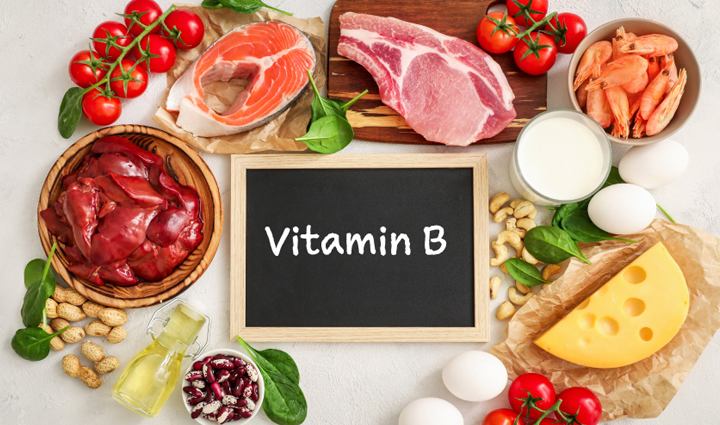
# Include B Vitamins In Your Diet
Many people with celiac disease following gluten-free diets are deficient in B vitamins like vitamin B6, folate, vitamin B12 etc. But, the good news is you can still include these vitamins by adding few foods to your diet.
- Vitamin B6 helps to fight infections. Foods that contain this vitamin include chickpeas, tuna, salmon, chicken breast, and bananas.
- Folate is important for the growth of tissues and working of cells. This is particularly important during pregnancy to avoid birth defects. You should have more green leafy vegetables like spinach and other vegetables like beets, asparagus, lentils, etc to avoid this deficiency.
- Vitamin B12 can help your body fight fatigue. All types of meat, fish, and eggs are good sources of vitamin B12.
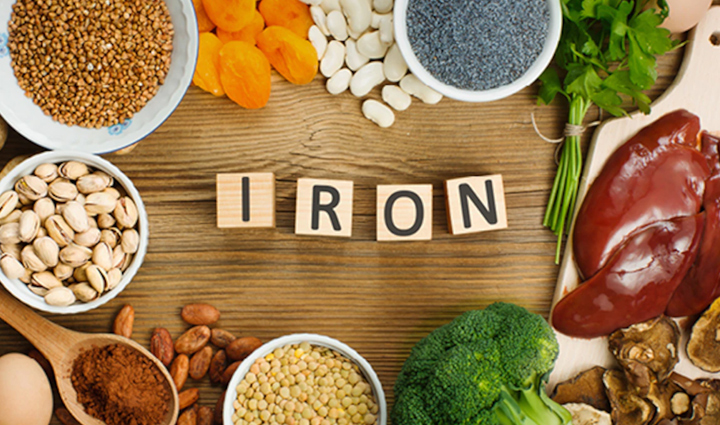
# Fight Anemia With Iron-Rich Foods
Those with celiac disease often suffer from iron deficiency leading to anemia. Anemia symptoms are easy to cope with if you eat meat. Beef and turkey are good sources of iron. Similarly, oysters and tuna also contain some amounts of iron.
However, if you are vegetarian, you may have to find plant sources rich in iron which include lentils, soybean, and tofu. When you buy soy and beans, keep an eye out for gluten-free ones as they may have traces of gluten in them, which can aggravate the disease.
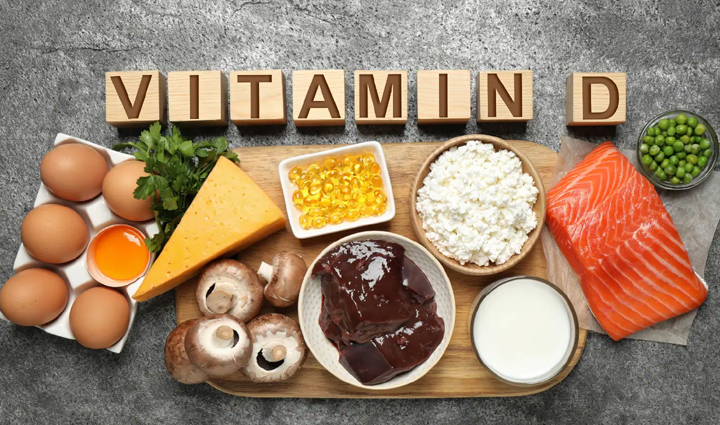
# Provide Your Body With Vitamin D
Celiac patients are more prone to vitamin D deficiencies. Unfortunately, there are very few food sources that can help combat this deficiency. Salmons, sardines, shrimp, and cod are good sources of vitamin D. If you are not lactose intolerant and can consume dairy products, you can also purchase products fortified with vitamin D. These include most milk products and gluten-free yogurt.
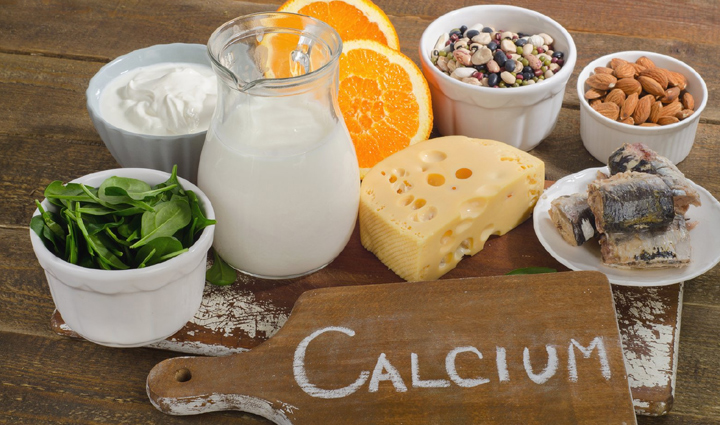
# Boost Your Calcium Intake
Calcium is present in dairy products and if you are a celiac patient who is lactose intolerant, you may not be able to get enough calcium for your bones. Therefore, it is important to keep your calcium levels up with certain foods. These include green leafy vegetables like spinach, turnip greens collard greens; fish like sardines; nuts and seeds such as almonds, sesame seeds; and seaweed such as nori and kelp.
Having enough calcium in your body can help reduce the risk of developing osteoporosis — one of the major risks of celiacs.
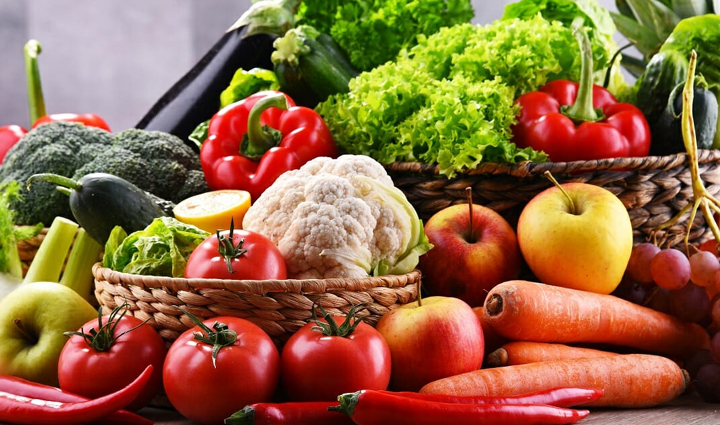
# Cook Your Vegetables Lightly
If you are a celiac patient, it is important to retain as many nutrients as possible from your food sources. The nutrients in vegetables are lost when they are fried or boiled for too long in water. Therefore, it is important to cook them lightly. You can lightly saute, steam, or bake the vegetables instead of frying or boiling them.
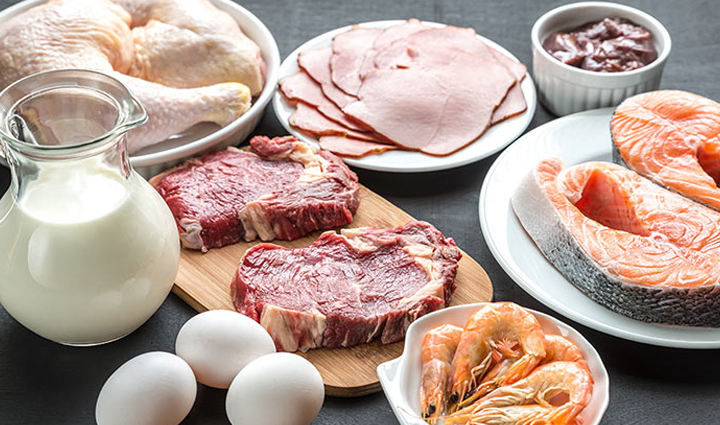
# Increase Carnitine-Rich Foods For Children
Studies have shown that carnitine is low especially in children suffering from celiac disease. This may be due to malabsorption of the nutrient in their body. Carnitine plays a major role in energy production. A deficiency in this nutrient can cause fatigue. The best sources of this nutrient include meat, fish, poultry, and dairy products. For vegetarians, it may be a challenge to bring the levels of carnitine with food sources. In such cases, supplements may be prescribed by the healthcare professional.



